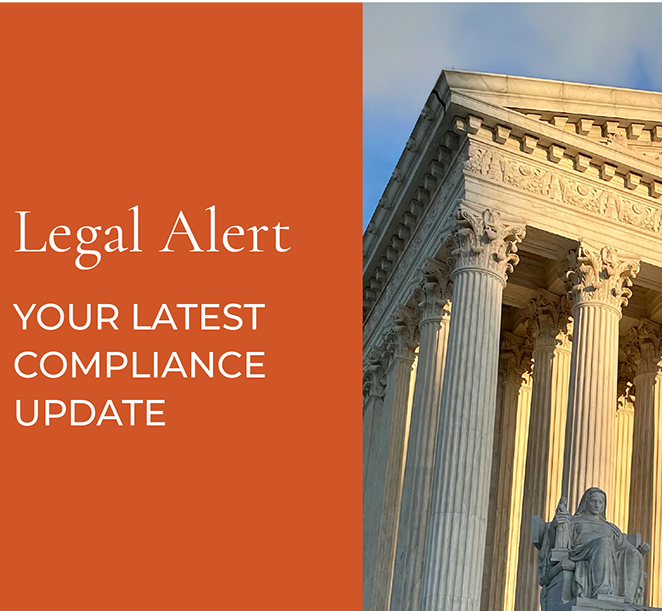How to Fail at FMLA
Keeping lines of communication open and your supervisors educated is critical when employees request any leave- especially since they don’t need to specifically request FMLA leave in order to be entitled to it. Whether an employee requests FMLA leave or whether their request turns out to be FMLA-qualifying, it's your responsibility to know how to administer their leave correctly.
Be especially careful not to discriminate against employees who request leave. The way you handle the case is as important as whether or not the leave is granted.
Here's a lesson on how you shouldn't do it.
The case of Gordon v. United States Capitol Police is a prime example of how not to handle an FMLA leave request. Judy Gordon was an officer with U.S capitol Police when she requested intermittent FMLA leave. Gordon was experiencing incapacitating depression following the suicide of her husband. Prior to Gordon using any FMLA leave she was informed by a captain in her department that an upper-level manager had vented that he was “mad” about FMLA requests in general and that he was going to find a problem with her request.
When she came to take her leave her manager responded in a highly unprofessional manner and after becoming irate, he denied her request. He later had a change of heart and Gordon’s request was granted, however she was left feeling understandably uncomfortable with the situation.
Due to her superior’s reaction, Gordon filed an FMLA interference suit. The employer fought to have it thrown out before trial on the grounds that her leave requests were granted, however the case was sent to trial. The judge said the conduct could have a “reasonable tendency” to interfere with her FMLA rights. In other words, the reaction she experienced could have easily deterred her from requesting additional leave time to which she was entitled.
The moral of the story is to act professionally and appropriately during all stages of FMLA leave requests. If an employee is entitled to FMLA leave, you can't interfere with it or to cause them additional stress by acting in a combative manner. It's important to remain neutral at all times as exemplified in this example, even your opinions about requesting leave can be construed as interference.
Employee Responsibilities
While it’s your responsibility to administer FMLA leave in a proper and appropriate manner there are also some responsibilities that lie solely with the employee. You’re entitled to have the following expectations when it comes to their leave:
- An employee’s notice of a need for FMLA leave may be oral or written. The first time they request leave for a qualifying reason, he or she is not required to specifically mention the FMLA.
- The employee is required to provide enough information for you to be able to determine if the leave could be covered by the FMLA. It is important that all managers and HR professionals are aware of what qualifies for FMLA leave.
- If an employee is aware of any impending FMLA leave they must give at least 30 days advance notice. For example, if an employee is scheduled for surgery in two months, the need for leave is foreseeable and the employee must provide at least 30 days advance notice. If an employee does not provide at least 30 days advance notice, and it was possible and practical to do so, you are entitled to delay the FMLA leave until 30 days after the date that the employee provides the notice.
- When the need for leave is unexpected, the employee must provide notice as soon as possible and practical.
Be Aware...
As soon as an employer has enough information that indicates an employee’s need for leave maybe for an FMLA-qualifying reason, the employer should begin the FMLA leave process. An employer’s management team and leave administrators play a vital role in ensuring FMLA compliance. Managers, assistant managers, supervisors and leave administrators must be able to recognize FMLA-qualifying reasons for leave and properly initiate the required notifications and eligibility checks. Providing FMLA training regularly helps to make sure those responsible for implementing the FMLA are up-to-date on the requirements of the law and the employer’s policy, procedures and practices.
If you would like clarity on FMLA leave don’t hesitate to contact Lumity to learn more about our compliance services.





